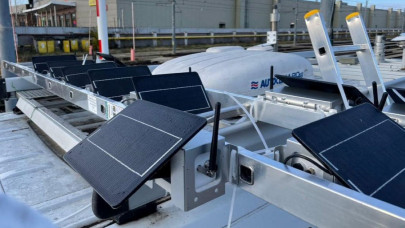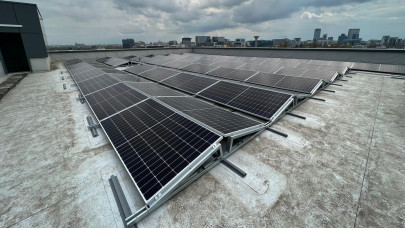The NEC directive establishes national emission reduction commitments for five important atmospheric pollutants: nitrogen oxides (NOx), non-methane volatile organic compounds (mVOC), sulfur dioxide (SO2), ammonia (NH3), and fine particles (PM2.5), shows the press release of the European Commission.
These pollutants contribute to poor air quality, having a significant negative impact on human health and the environment. The national commitments must be fulfilled by each member state every year between 2020 and 2029, with more ambitious reductions foreseen starting from 2030. Member States are also required to establish national air pollution control programs (NAPCPs) to show how these reduction commitments will be met.
In January 2023, the Commission sent a letter of formal notice to 14 Member States that have not met their 2020 emission reduction commitments for one or more pollutants covered by the NEC Directive. In February 2023, Member States submitted their latest national emissions inventory, which included emissions for the years 2020 and 2021, accompanied by an informative inventory report.
The European Commission analyzed the most recent inventories, together with other information reported by Member States (emission projections for the years 2025 and 2030; updated national air pollution control programs or updated policies and measures, as appropriate) and concluded that Bulgaria, Ireland, Cyprus, Latvia, Lithuania, Hungary, Austria, Portugal and Sweden have not yet met their emission reduction commitments.
The Commission concluded that Poland and Luxembourg have not met their commitments on pollutants not yet included in the letter of delay sent in January 2023.
As for Romania, its first national air pollution control program presented in 2023 does not include sufficient measures to ensure the necessary emission reductions.
Therefore, the European Commission sends additional letters of formal notice to Luxembourg, Poland, and Romania, which have two months to respond and remedy the deficiencies reported by the Commission. If it does not receive a satisfactory answer, the Commission may decide to issue a reasoned opinion.
In addition, the Commission decided to issue a reasoned opinion to Bulgaria, Ireland, Cyprus, Latvia, Lithuania, Hungary, Austria, Portugal, and Sweden, which have two months to respond and take the necessary measures. Otherwise, the Commission may decide to refer the case to the Court of Justice of the European Union.
Through its monthly package of decisions on the non-fulfillment of obligations, the European Commission pursues legal action against member states that have not fulfilled their obligations under EU law. These decisions, which target various sectors and policy areas of the EU, aim to ensure the proper application of EU legislation, for the benefit of citizens and businesses.














